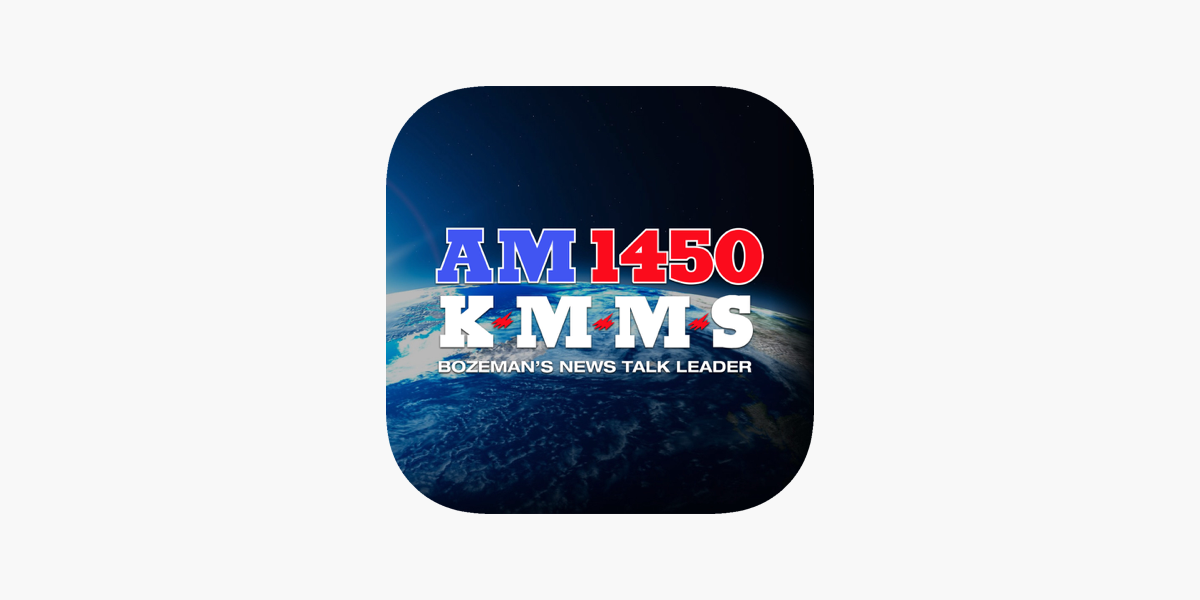The internet, once a wild frontier, has evolved into a more regulated and restricted space. Governments, copyright agencies, and even Pirate Proxy organizations are increasingly vigilant about online piracy. One popular target in this effort has been The Pirate Bay, a notorious torrent site that has often found itself blocked or banned in many countries. In response, users seeking access to this repository of torrents have turned to a workaround: pirate proxy sites.
What is a Pirate Proxy?
A pirate proxy, or Pirate Bay proxy, is essentially a mirror site or a clone of the original Pirate Bay website. These proxies mimic the content and interface of The Pirate Bay but operate on different domains or servers. They serve as intermediaries, allowing users to bypass geographic restrictions and access torrent content that may be blocked in their region.
By using these proxies, users can search, download, and share torrents without directly visiting the original site, which may be subject to surveillance, domain seizures, or ISP throttling.
How Does It Work?
When an internet service provider (ISP) blocks The Pirate Bay, it typically does so by blacklisting the site’s domain or IP address. A pirate proxy circumvents this by hosting a copy of the site on a different domain or IP, making it accessible to users whose ISPs have restricted the original domain.
The process generally works as follows:
- Proxy Site Access: A user navigates to a pirate proxy instead of the original Pirate Bay website.
- Data Relaying: The proxy site mirrors the content of The Pirate Bay, relaying the search results, torrent files, and magnet links to the user.
- Torrents Downloaded: The user can then download torrents from the proxy just as they would from the actual Pirate Bay, using BitTorrent clients to retrieve the desired files.
Why Are Pirate Proxies So Popular?
- Censorship Bypass: One of the primary reasons for the popularity of pirate proxies is their ability to bypass censorship. Countries like the UK, Australia, and India have strict anti-piracy regulations, blocking access to torrent sites. Pirate proxies allow users to sidestep these blocks and continue downloading content.
- Continuity of Service: The Pirate Bay has a history of downtime due to domain seizures, legal challenges, and hosting issues. Proxy sites provide a form of redundancy, ensuring that users can still access content even when the main site is offline.
- Accessibility: Pirate proxies don’t require specialized software like VPNs or the Tor browser, making them more accessible to average users. Anyone with an internet connection can find a working proxy through a simple Google search.
Risks Involved with Using Pirate Proxies
While pirate proxies provide a solution to censorship, they come with significant risks:
- Security Concerns: Not all pirate proxies are safe. Many are operated by third parties who may inject malicious ads, malware, or spyware into the sites. Users accessing these proxies run the risk of having their devices infected or personal data stolen.
- Legal Risks: Even though proxy sites allow access to torrents, they do not change the legal status of downloading copyrighted material. In many jurisdictions, torrenting pirated content is illegal, and users can face fines or other legal consequences.
- Unreliable Sources: Not all pirate proxies are authentic or trustworthy. Some may only masquerade as legitimate Pirate Bay proxies, aiming to steal personal information or scam users. Additionally, proxies are often short-lived and can disappear suddenly, leaving users searching for new options.
How to Stay Safe When Using Pirate Proxies
If you decide to use a pirate proxy, there are ways to mitigate some of the risks involved:
- Use a VPN: A Virtual Private Network (VPN) can help anonymize your internet connection, masking your IP address and encrypting your traffic. This makes it more difficult for ISPs or authorities to track your activity.
- Antivirus Software: Ensure that you have up-to-date antivirus software installed. This can help protect your device from malicious downloads or infected ads that may be present on pirate proxy sites.
- Check Reviews: Before using a proxy, look for user reviews or community feedback. Sites like Reddit or specialized torrent forums often have discussions about the best and safest proxy sites to use.
- Avoid Downloading Suspicious Files: Be cautious when downloading torrents from unknown sources. Stick to trusted uploaders or verified torrents with positive feedback from other users.
Conclusion
Pirate proxies provide a lifeline to torrent enthusiasts in regions where access to The Pirate Bay is restricted. While they offer a convenient way to bypass censorship and continue downloading content, they come with their own set of challenges and risks. Users should always exercise caution, stay informed, and use protective measures like VPNs and antivirus software to safeguard their privacy and security. As with all things related to torrents, the responsibility lies with the individual to understand the legal and ethical implications of their actions.
FAQs
Here’s a list of frequently asked questions FAQs to help clarify common queries about pirate proxies and their use:
1. What is a pirate proxy?
A pirate proxy is a mirror or clone of a torrent site, such as The Pirate Bay. It allows users to access content that may be blocked or censored in their region by rerouting traffic through a different domain or server. These proxies host a copy of the original site, enabling users to download torrents just as they would from the main site.
2. Why are pirate proxies used?
Pirate proxies are used to bypass internet censorship or geographical restrictions placed on torrent sites like The Pirate Bay. Many countries block access to these sites, and proxies serve as a way to restore access without needing specialized tools like VPNs or Tor browsers.
3. Are pirate proxies legal?
The legality of pirate proxies depends on the jurisdiction. Accessing and using pirate proxies may be legal in some countries, but downloading or sharing copyrighted material through them is illegal in many places. Users should be aware of local laws and understand the risks before accessing these sites.
4. How do pirate proxies work?
Pirate proxies work by copying the interface and content of the original torrent site, such as The Pirate Bay. When a user visits a proxy site, it fetches the same data and content as the original, allowing the user to search for and download torrents.
5. Are pirate proxies safe to use?
Not all pirate proxies are safe. Some may host malicious ads, inject malware, or collect personal information from users. It’s essential to be cautious when using proxy sites, as they may expose users to security risks, such as viruses, spyware, and phishing attempts.
6. How can I protect myself while using pirate proxies?
To enhance security when using pirate proxies, consider the following tips:
- Use a VPN to anonymize your internet activity.
- Keep antivirus software up-to-date to protect against malware and other threats.
- Avoid downloading suspicious files or torrents from unverified sources.
- Look for community-recommended proxies that are known to be safe and reliable.
7. Is using a VPN necessary when accessing pirate proxies?
While not required, using a VPN is highly recommended when accessing pirate proxies. A VPN encrypts your internet traffic and hides your IP address, providing additional privacy and security. This is especially important when accessing sites that may be under surveillance or legal scrutiny.
8. Can I access pirate proxies on mobile devices?
Yes, pirate proxies can generally be accessed on mobile devices using a web browser. However, the same risks apply as when using them on a computer, so it’s recommended to use a VPN and ensure that your device’s security software is up-to-date.
9. What should I do if my country blocks access to pirate proxies?
If pirate proxies are blocked in your country, you can use a VPN or Tor browser to bypass the restrictions. A VPN allows you to connect to servers in different countries where the proxy may not be blocked, providing access to the content.
10. Are there alternatives to pirate proxies for accessing torrents?
Yes, alternatives to pirate proxies include:
- VPN services that can bypass censorship and allow access to blocked sites.
- Tor browser, which provides anonymous internet access and can be used to access torrent sites.
- Alternative torrent sites, though these may also be blocked depending on your location.
11. How do I find a working pirate proxy?
There are many online resources, such as torrent forums or subreddit communities, where users share lists of working pirate proxies. However, it’s important to be cautious, as some of these proxies may not be secure or reliable.
12. Can I get in trouble for using a pirate proxy?
In many jurisdictions, using a pirate proxy to access copyrighted content without permission is illegal. ISPs or copyright holders may monitor users who access these sites, leading to legal consequences such as fines or notices. Using a VPN and understanding local laws can help reduce these risks, but users should always proceed with caution.
13. Why do pirate proxies frequently change domains?
Pirate proxies often change domains to avoid being blocked by ISPs or government agencies. These sites are frequently targeted for takedowns, so operators may switch to new domains to continue providing access to users.
14. How long do pirate proxies stay online?
The lifespan of a pirate proxy can vary. Some stay online for months, while others may only last a few days before being taken down or blocked. This is why users often need to look for updated lists of working proxies.
15. Is torrenting through pirate proxies slower than using the original Pirate Bay?
The download speed through pirate proxies can be affected by various factors, such as server load, the quality of the proxy, and your internet connection. Some proxies may be slower, especially during high-traffic times, but in many cases, users won’t notice a significant difference in download speeds compared to the original site.
Conclusion
While pirate proxies offer a convenient way to access blocked torrent sites like The Pirate Bay, users should be aware of the risks, both legal and security-related. Using protective measures like VPNs, antivirus software, and avoiding unverified sources can help safeguard against potential threats. However, the responsibility lies with each user to understand the risks and act accordingly.











